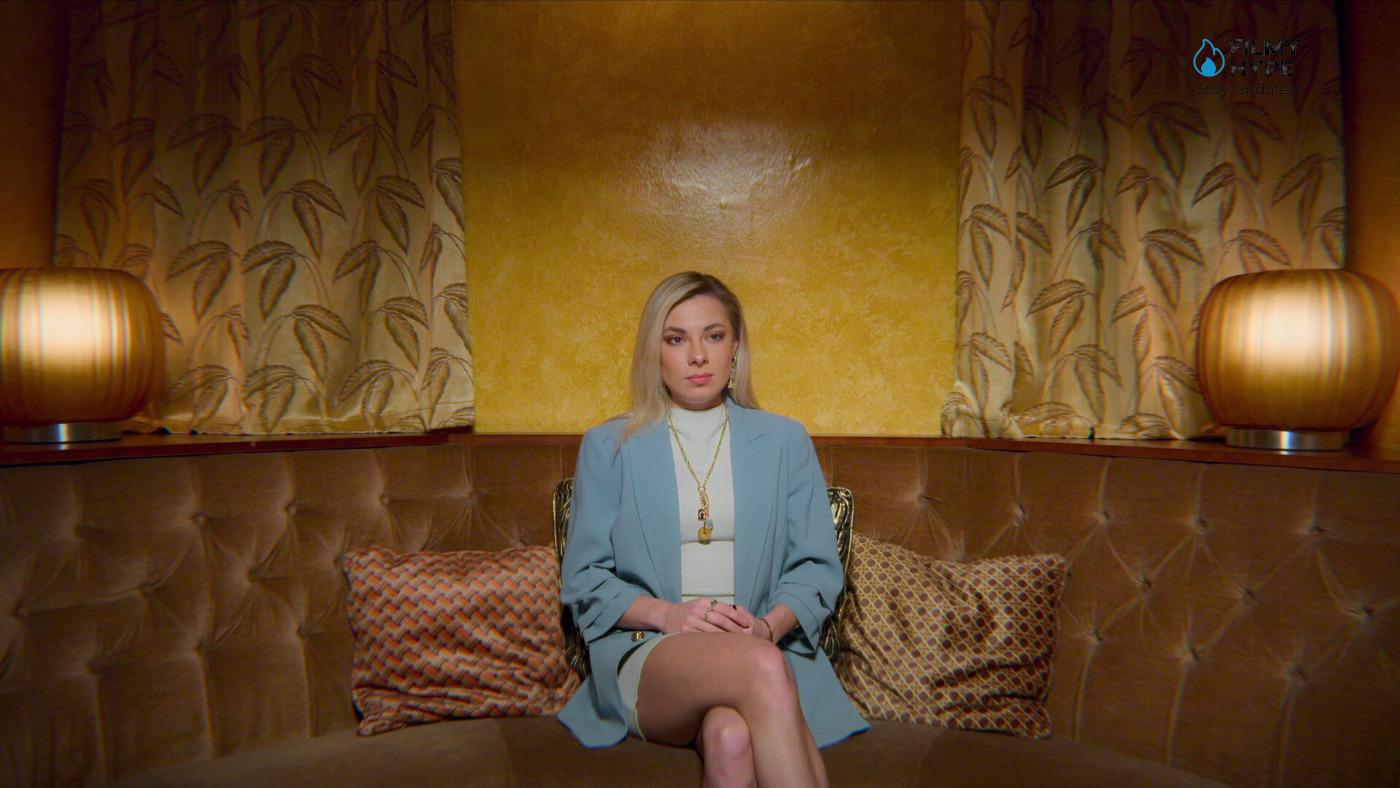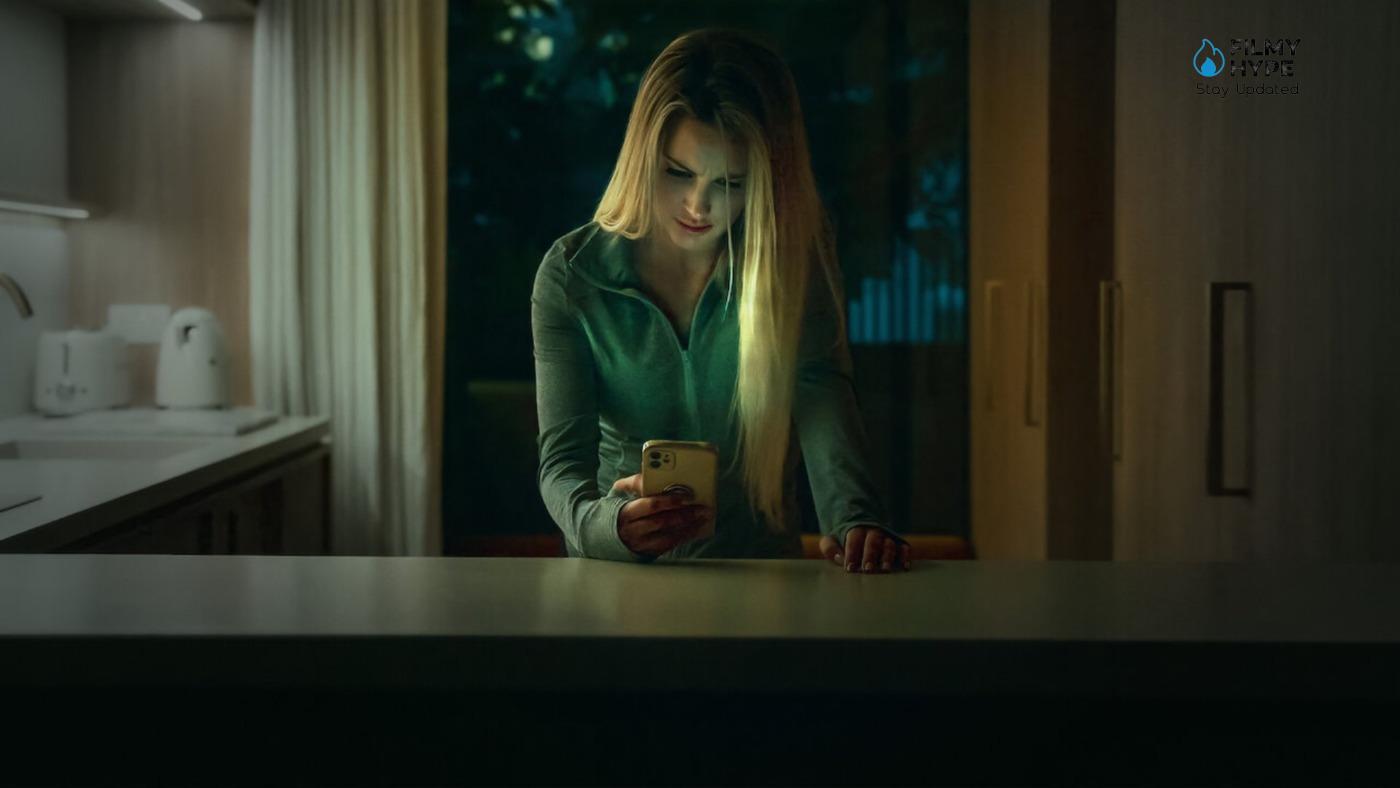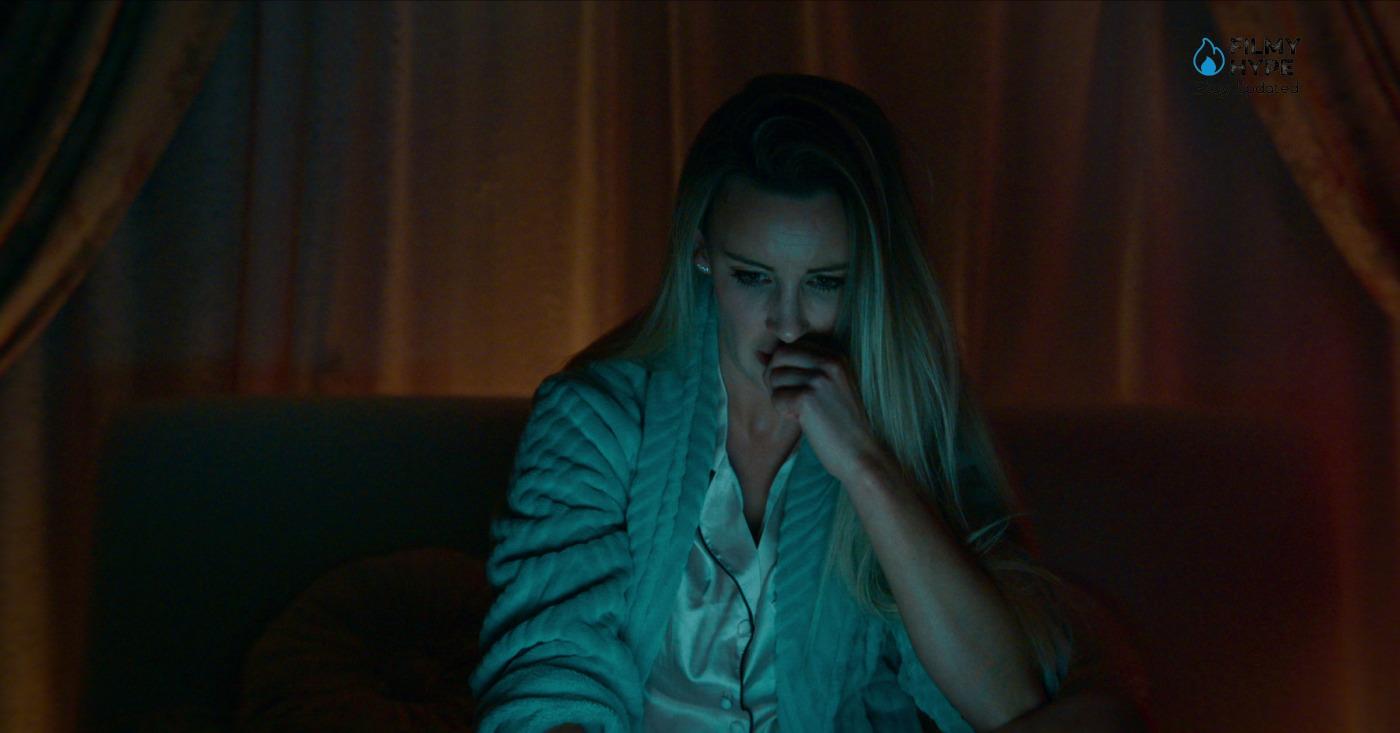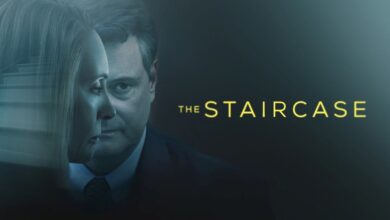Can I Tell You a Secret? Review: Effectively Conveying the Fear and Uncertainty Experienced by the Victims?
Created By: Liza Williams
Streaming Platform: Netflix
Filmyhype.com Ratings: 3.5/5 (three and a half stars)
A new two-part docuseries is about to arrive on Netflix, ready to tell a terrible true story of stalking. It’s called Can I Tell You A Secret? and is a series about the story of some of the women targeted by serial stalker Matthew Hardy, who in early 2022 received the longest prison sentence in British history for online stalking. The series explores the women’s experiences, the police investigation, and how Hardy was brought to justice. But let’s go into more detail to discover the plot of each of the two episodes and the release date. To enrich the already large (and very popular) crime genre catalog of the Netflix platform comes a two-part docuseries that brings to the screen the chilling story of Matthew Hardy, a British cyberstalker who, since 2009, has infested the inboxes of over sixty women, harassing them via Facebook, Instagram, and WhatsApp.

Infamously known for being one of the UK’s most prolific cyberstalks, Hardy was able to operate almost undisturbed for many years before being brought to justice in 2022 and finally sentenced to 9 years in prison, the longest prison sentence imposed for this type of cyberstalker crime. This is because, as we will see in our review of Can I Tell You A Secret? the testimonies of women victims of abuse were not initially heard, resulting in a tragic delay in the launch of the investigation. The two-part docuseries first explores how the stalker was able to insinuate himself into the social accounts and daily lives of women, then, once the victims’ statements have been taken seriously, it recounts the beginning of the police investigation, with the emergence of the profile of the suspect. A show that has the merit of emphasizing the persecuted young people – and not the criminal, as often happens, showing the dramatic impact that the man’s actions have had on their lives, online and offline. Unfortunately, however, the complexity of the case is ill-suited to the only two hours of Can I Tell You A Secret? which, at this point, could have been better structured as a simple feature film.
Can I Tell You a Secret? Review: The Story Plot
It is a docu-series that chronicles the odysseys of some of the women targeted by serial cyberstalker Matthew Hardy, who in early 2022 received the longest prison sentence in British history for online stalking. Three out of the sixty-three victims persecuted by him over eleven years have agreed, putting their face to it and under a pseudonym, to take part in the miniseries. I tell you a secret? , which took its name from The Guardian’s independent podcast focused on the story in question and turn from the first words uttered by the executioner to his prey once lured, is inserted in the wake of one of the most popular genres in recent seasons, namely true crime, which in particular with the development of the audiovisual streaming market has seen a substantial increase in production terms.
Despite this, like the previous ones, it seems to have come off an assembly line due to the almost similar way in which it was packaged narratively and visually, so much to make it a clone that differs from the others only and exclusively for the story told, the docuseries in question However, it manages to capture the interest of the spectators on duty, especially those interested in the topic in question and more generally those who regularly frequent the genre. This is certified by the high number of views recorded every time a true-crime product arrives on the platform.

As we have already mentioned, the docuseries Can I Tell You A Secret? is structured in two parts, as if to divide the two different phases that took place in the identification and subsequent capture of the most prolific cyberstalker in the United Kingdom, later identified in the person of Matthew Hardy. The first part focuses on three of the numerous women that Hardy molested during his criminal career: Abby, Zoe, and Lia, three attractive young people with brilliant careers, confident and with a strong presence on social media, who they consider as an integral part of your personality.
Let’s see how the man, with a simple message (the Can I Tell You A Secret? Of the title) and posing as someone else – usually other female users whose profiles he had hacked – began to persecute his victims, insinuating himself into their lives and causing them to fall into a state of perpetual anguish. We also observe how, despite repeated complaints to the police, women are not initially taken seriously and, indeed, in some cases even accused of having provoked certain attention towards them due to the social content published. In the second part of the show we see the name of Matthew Hardy emerge, thanks to the tenacity of the victims and the interest of agent Kevin Anderson. The latter finally begins to investigate the man, profiling him from the lonely days of a teenager with undiagnosed autism to the shape-shifting stalker who has been able to torment dozens and dozens of women.
Can I Tell You a Secret? Review and Analysis
Let’s start by saying that given the overall duration and the futile digressions encountered during use, the miniseries formula seemed excessive to us, with the story which for real narrative, dramaturgical, and chronicle needs could have been limited and condensed into a timeline narrower. The author instead preferred to divide everything into two parts, recklessly interrupting the flow of tension when it reaches its peak. A smart choice on a strategic level since it relaunches and extends the dispute over a greater distance, but which on balance abruptly slows down the crescendo of suspense, forcing the horizontal line to downshift and set off again. The price is paid by the pace which suffers a significant deceleration when she could have continued her gradual climb.
In doing so, the editing was also affected, which until then had brought to the screen an effective dribble between the story of one victim and another, made possible through a mix of interviews and fiction sequences. The odysseys of some of the women targeted by the serial cyberstalker Matthew Hardy in a docu-fiction miniseries with a standardized narrative and visual package, as it follows to the letter the modus operandi of the true-crime models in circulation for a few years which see accompanying fiction inserts in a didactic manner the testimonies of the protagonists of the moment. The shocking story narrated by Liza Williams, however, can keep viewers glued to their seats thanks to the very high level of tension and anguish that runs through the two parts of the story.

The documentary, especially in its first part, does a good job of putting together the salient facts of a sprawling case that involved so many people and even more social identities, focusing on Hardy’s criminal work and the devastating impact that his actions had on the lives of the victims. It does so without making the cyberstalker the star of the show, as often happens – albeit in good faith – in this type of documentary. The narrative here is entrusted in the first person to the young people involved in the case (and to Agent Anderson), an aspect that allows us to very effectively evoke the idea of that insidious and always lurking terror perhaps known to many men but, certainly, to all women. That feeling of feeling helpless in the face of someone who, inexplicably, seems to hate you and all your peers fully emerges, and the awareness that certain types of crimes – such as cyberstalking.
Not only seem not to be taken seriously enough by society but They also have on their side a technology that almost no one seems interested in learning to control. At the end of the documentary, we certainly remember the faces of the victims more than that of their executioner. And that’s a good thing. Although the stories of the victims and Hardy’s horrific crimes are handled with great care and sensitivity, it seems that Can I Tell You A Secret? Not enough space was given to be able to articulate such a complex story with such numerous implications. After a first part (the better of the two) spent examining the effect that the man’s harassment had on the lives of his victims, the documentary – while never shifting the focus from them – attempts to examine the exact reason why the cyberstalker performed certain actions, failing miserably.
We are only given a quick glimpse of his background, through a couple of superficial interviews with his former school friends who summarily define him as an outsider. Likewise, significant space is not given even to the initial refusal to investigate by the competent activities, which is instead a key element for the entire development of the story. What makes us wonder, therefore, is why the serial format was chosen – in two episodes of one hour each – when, probably, Can I Tell You A Secret? It would have worked better as a feature film, with a more cohesive narrative and without an unnecessary “pause” in the middle.
Can I Tell You a Secret? Review: The Last Words
A show that has the merit of emphasizing the persecuted young people – and not the criminal, as often happens, showing the dramatic impact that the man’s actions have had on their lives, online and offline. Unfortunately, however, the complexity of the case is ill-suited to the only two hours of Can I Tell You A Secret? which, at this point, could have been better structured as a simple feature film. Can I Tell You A Secret? seems to be a thought-provoking and impactful documentary for those unfamiliar with the cyberstalking case. However, those looking for a deeper dive or fresh information might find it lacking. Whether you enjoy it will likely depend on your prior knowledge and tolerance for pacing issues.







